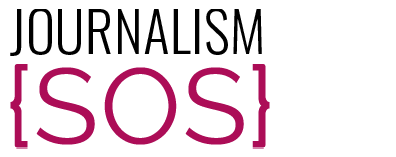TRAVEL SAFETY BRIEFING
This section provides a brief overview of key things to consider when you will be traveling for research, reporting or any journalistic work.
The following Top Tips, Gear List and Resources represent a brief introduction to these safety concerns for traveling while on editorial or news assignment. The information and resources are not comprehensive nor do they offer sufficient preparation for any war or conflict zone. We encourage you to review the more expansive list of resources in the keyword-searchable J-SOS Safety Resource Database.
Travel Top Tips
Updating Records
Travel Gear Checklist
Gear List of safety-related travel items:
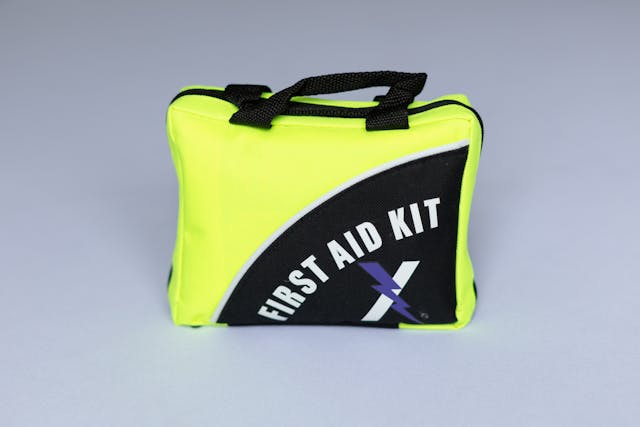
First Aid/Medical kit
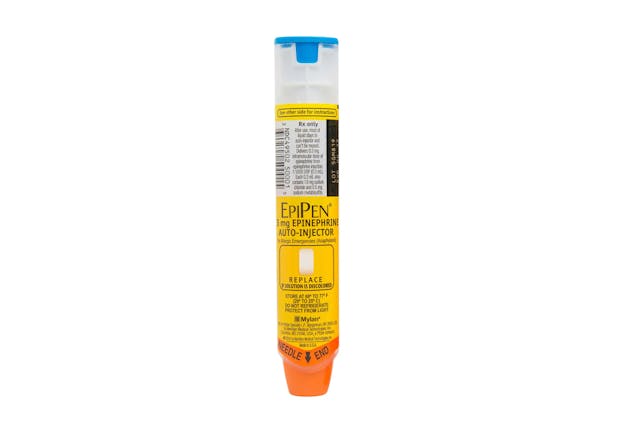
Epi-pen(s)
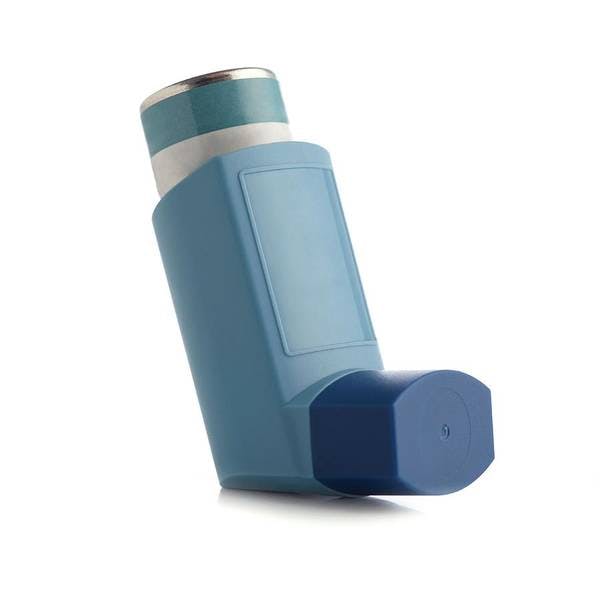
Asthma inhaler
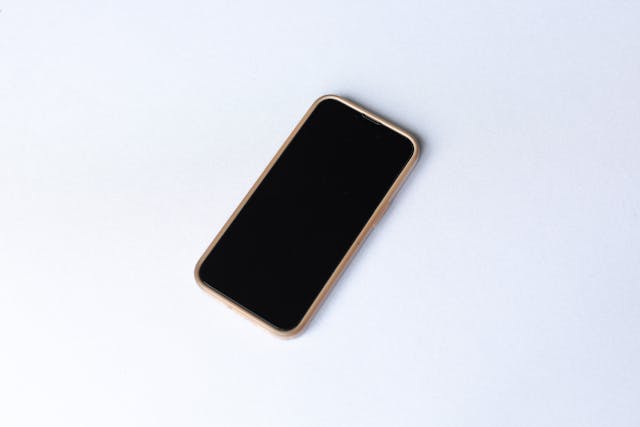
burner phone
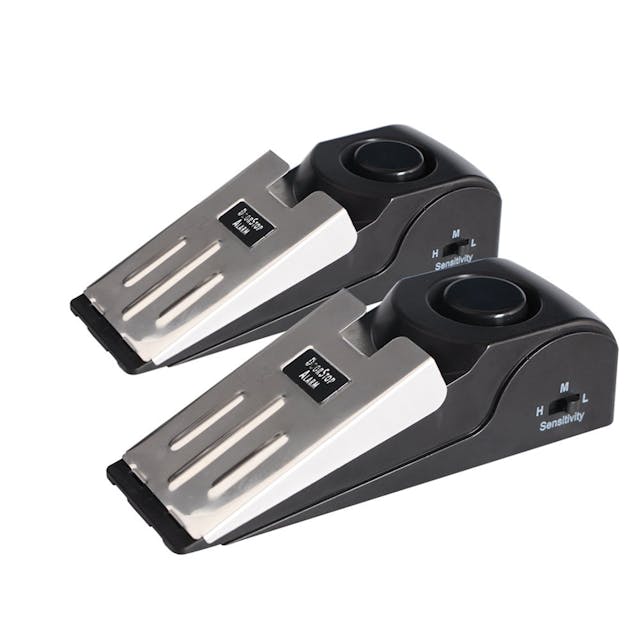
Door stoppers

Water bottle

Travel food
- ID/Credentials
- Valid passport (Make sure it is valid for at least six months after the date of entry to any country. Make copies, a colored laminated one is especially helpful)
- Required Visas and other necessary travel permits
- Press credentials
- Identification documents (store multiple copies in different places)
- INSURANCE
- Travel insurance
- Travel medical insurance
- Medical insurance
- Accidents and rescue insurance (depends on country)
- Evacuation insurance (depends on country)
- Insurance for equipment (cameras, lenses, recorders, laptop, phone, etc.)
- PPE
*Please see the PPE Guide for more information on how to find and use PPE correctly. - First Aid/Medical kit
- Allergy medication such as benadryl and loratadine
- Birth control and emergency contraception (if needed)
- KN95 masks/ medical masks
- Medical gloves
- Antibiotics
- Epi-pen(s)
- Asthma inhaler
- Ballistic Vest (check international and country regulations)
- Helmets (check international and country regulations)
- Gas Masks (check international and country regulations)
- Eye protection/mask (shatter-proof)
- Antibiotics
- Epi-pen(s)
- Asthma inhaler
-
- COMMUNICATION
- Extra phone or burner phone
- List of emergency contacts (digital and print) *See Travel Top Tips for more specs on communication
- Satellite phone (if necessary)
- Tracking device (if necessary)
- ADDITIONAL GEAR
- Door stoppers for hotels/airbnb (consider getting one with alarm)
- Menstrual hygiene products (bring extras)
- Condoms and other contraceptives or safe sex products
- Spare prescription contacts and prescription eyeglasses
- Any prescription medication (bring extra)
- Door stoppers for hotels/airbnb (consider getting one with alarm)
Travel Scenario
You are traveling from Spain to Egypt while working on a long term project about contested water borders as a freelance video journalist for a wire agency. You are traveling alone from the airport to the hotel you have booked but will be meeting another local journalist and a translator, both of whom you are unfamiliar with, at the hotel. The three of you will be working together for the week of the assignment.
- Are visas required? Are there local news orgs and political factions who may need to know you're in the country?
- Try to book a room on the second floor with two beds. Consider who has keys to the room and who knows where you’re staying? Use keyhole covers and door stoppers when in the room.
- Do you have trusted/vetted transport from airport to hotel? Be conscious of not talking on the phone while in taxis or giving away any key details about your lodging, assignment, etc. while among the general public.
- Who is driving the team for the assignment? What are your available comms while on assignment? Who will you be checking in with and how often? How remote are the locations you'll be traveling to in the region?
- What are the risks of the assignment (i.e. the key players of contested water sources?) *Review civil unrest briefing for more details on this
- Be aware of your high profile with camera gear. Avoid taking it out until necessary.
- Are there language barriers and how will you address that? Consider learning a few phrases in the local language, connecting with a translator and/or having a translation app ready on your mobile device.
- How do you engage the people you’re reporting on in ways that will support your safety? (i.e. informed consent, transparency about journalistic practices)
